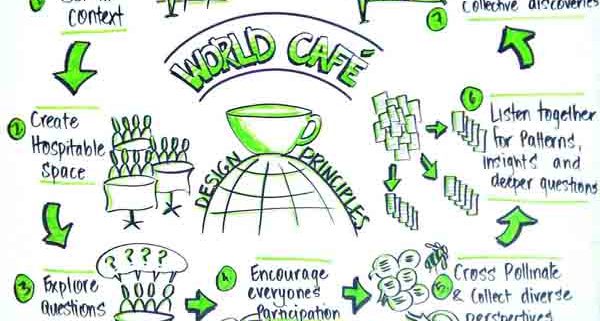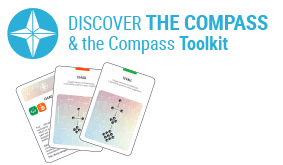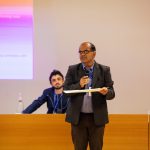Facilitation method: World Café
/DELTA conducted a ToT-training on innovative and participatory facilitation methods last week for UN Peacekeeping in Brindisi. One of the used methods was called ‘World Café‘. It is a innovative methodology to host conversations with questions that matter. Basically you bring people together around café-style tables that are set in conversational clusters. Each table is hosted by a ‘facilitator’ which introduces a relevant question on the subject matter topic. The host visualizes together with the table members all the key ideas right on the table (which is covered with flipchart Paper).
Upon completion of one conversation round, the host remains at the table and the members (ambassadors of meaning) travel to another table. The host welcomes them and briefly updates them on the ideas collected by the previous group. After successive rounds of discussion new interesting conversation patterns arise, Ideas, questions and themes start to link and connect. After several rounds of conversation a big debriefing is held where a synthesis of the discoveries is presented in a whole group conversation. It is in this meeting-style conversations that patterns can be identified, collective knowledge grows and possibilities for actions emerge. If you want to know more about the World Cafe go to http://www.theworldcafe.com/ for additional resources, real stories and material in different languages. Contact Tom Wambeke if you want to have the ‘Quick Reference Guide to the World Cafe‘; a manual on how to use the World Cafe in training.
[youtube=http://www.youtube.com/watch#!v=YrTKD8NpApY&feature=related]











[…] that blogposts related to facilitation methods are most popular. Among them posts about ‘world cafe‘, ‘fishbowl‘, ‘open space‘ and ‘peer assist‘. Last year […]
[…] way. It moves beyond the usual participatory methodologies such as ‘fishbowl‘, ‘world cafe‘ and ‘open space‘ and introduces you to a variety of new techniques from […]